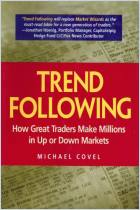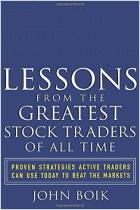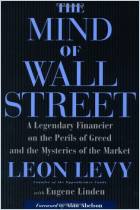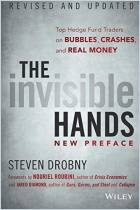
Recommendation
Edwin Lefèvre published this classic in 1923. His subject is Jesse Livermore, an infamous speculator and the world’s first documented successful day trader. Lefèvre thinly disguises Livermore, assigning him the fictional name Larry Livingston. First published as a series of Saturday Evening Post articles, this book explores greed, fear, envy and the relentless pursuit of fame and fortune, all as relevant today as in 1923 – one reason that this remains required reading for investors. The writing style is quaintly dated and Runyon-esque. Lefèvre’s use of old market jargon ("plungers," "bucket shops," "bear raids" and stock "operators" instead of brokers) reminds readers that this is a journalistic, a novelistic and a fiscal period piece. The illustrations by M.L. Blumenthal evoke its original publication date. Interestingly, market bubbles, whether in high-tech, railroads or real estate, remain basically as emotional and nonrational as they were in the early 1920s, so the lessons here remain meaningful. Speaking from that more innocent time, Lefèvre provides lasting market insights, including Livermore’s investing secrets. He distills the eternal truth that markets only go up or down, and that investors run on fear and greed. getAbstract.com strongly suggests this classic to serious investors and financial reporters. As you read it, you will hear the voice of its time and its lessons for today.
Summary
About the Author
Mining engineer Edwin Lefèvre became a journalist at age 19. During his 53-year-long career, he wrote eight books, including The Making of a Stockbroker. He became a celebrated financial author with his serialized publication of the fictionalized story of Jesse Livermore.

















Comment on this summary or 开始讨论
Simply a great book on a great tradee.
I have learned many tips abou J Livermore.
I like his intrepid style on Markets